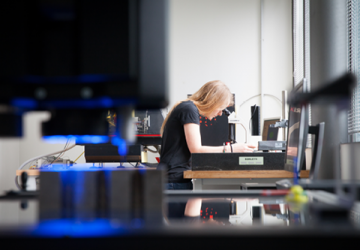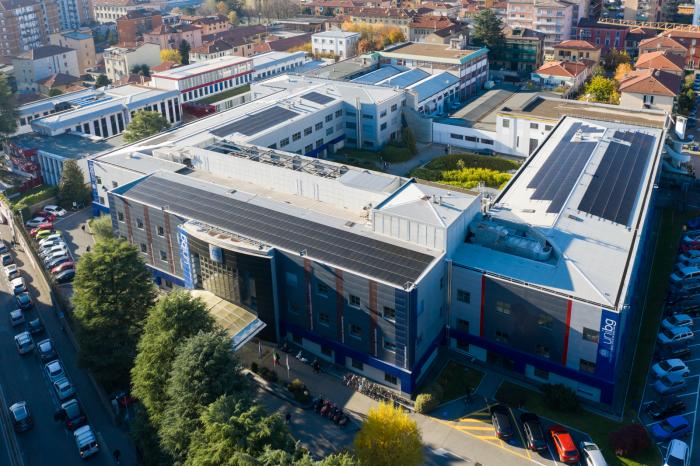
At the Department of Business Administration (DipSA), we are committed to advancing research that promotes economic progress and social well-being through sustainability, innovation, entrepreneurship, internationalisation, and creativity. DipSA brings together over 60 professors and researchers, many of whom have returned from international institutions or arrived from abroad. Each year, we also welcome approximately 20 visiting professors worldwide, contributing to an international and interdisciplinary research environment.
Our department was awarded the prestigious title of “Department of Excellence” by Italy’s Ministry of Education and Merit for the 2023–2027 period, recognizing the high quality and societal relevance of our research activities.
We actively participate in national and European research projects, collaborating with universities, companies, and public bodies. These projects strengthen our role in international research networks and enhance our engagement with the territory through applied and experimental research.
We work side-by-side with businesses and institutions, involving students, PhD candidates, faculty members, managers and entrepreneurs in co-designing and testing innovative solutions.
Our strategic objectives focus on:

Our department's strategy is guided by six overarching objectives:

Our department comprises:
DipSA’s research activities are supported by a diverse range of funding sources:
This mix of funding sustains both basic and applied research and enables cross-sectoral partnerships with tangible impact.

DipSA's research is organised into four primary areas, each aligned with specific scientific-disciplinary sectors:
Business Economics (Area 13/B1 – SECS-P/07): This area examines the foundational aspects, operational functionality, and strategic management of various types of organisations, including public administrations and non-profits. Key topics include:
Economics and Business Management (Area 13/B2 – SECS-P/08): This area addresses the governance and management of both goods and service enterprises, with an emphasis on:
Organisation and Human Resources (Area 13/B3 – SECS-P/10): This area investigates organisational structures and behaviours, including:
Economics of Financial Intermediaries and Corporate Finance (Area 13/B4 – SECS-P/09 and SECS-P/11): This area focuses on financial markets, the financial system, and corporate financial management, covering:
As a recognised Department of Excellence (2023–2027), DipSA leads TRANSET – Transitions in Social, Ecological and Technological systems. The project addresses the role of organisations, especially SMEs, in managing complex transitions.
TRANSET focuses on:
The project has involved over 500 companies and features TRANSET-Hub, a dedicated digital infrastructure. It is a cornerstone of our applied research and public engagement strategy.
Our department actively engages in significant research initiatives, such as:
Our department is deeply committed to community outreach. Each year, we promote financial education initiatives across schools of all levels and in public spaces to enhance financial literacy and foster greater economic inclusion. These projects are a concrete example of how academic research can generate positive social impact beyond university walls.
Discover DipSA’s initiatives for the community and explore our public engagement projects
At DipSA, we believe that research is not only about producing knowledge, but also about driving real change. By cultivating strong academic networks, collaborating with local and international partners, and involving students and professionals in every step of the research process, we create an ecosystem where ideas become action. Our commitment is to shape a more innovative, inclusive, and sustainable future—one project, one partnership, and one discovery at a time.